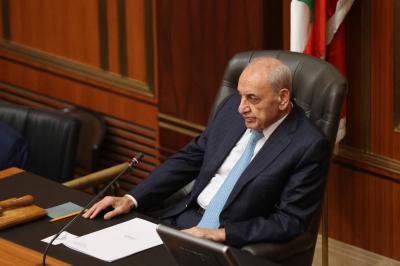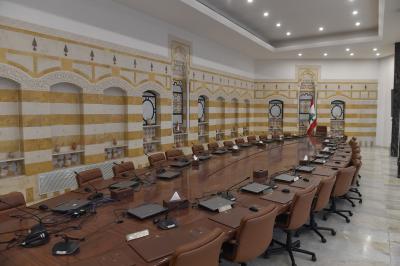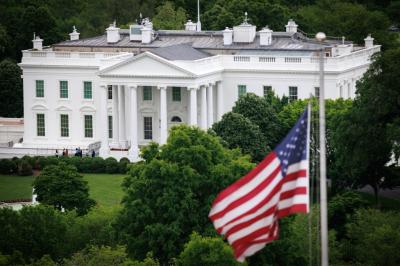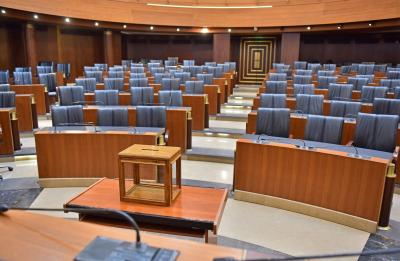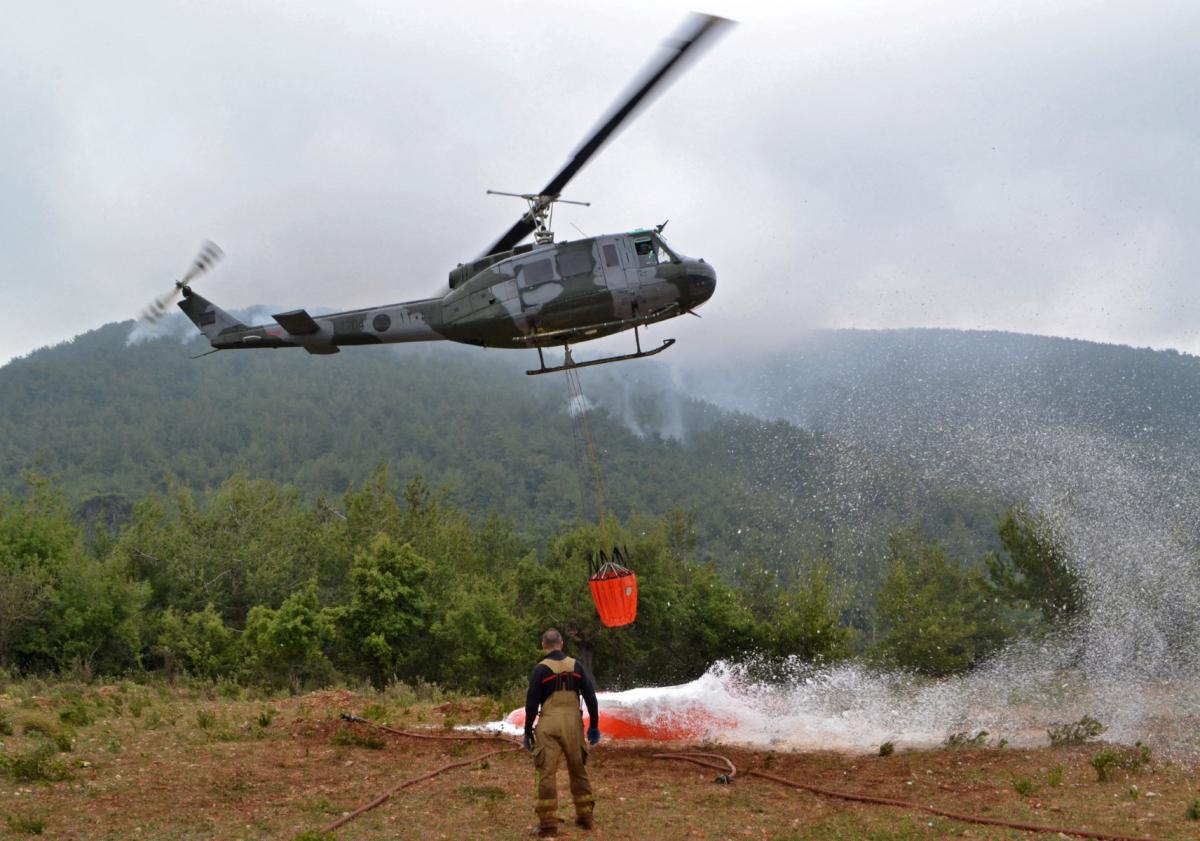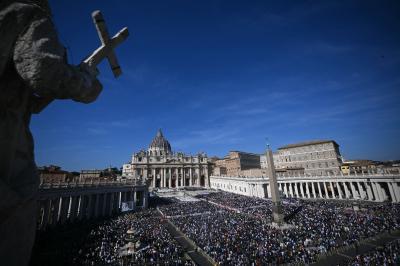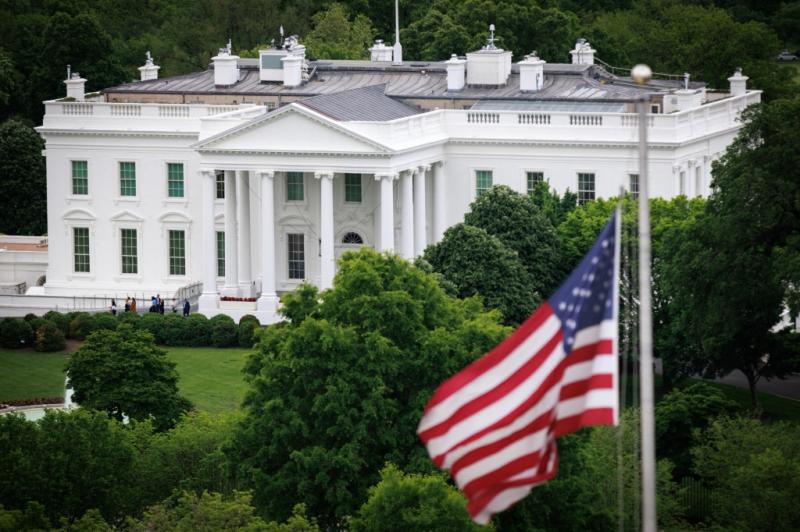As summer begins, the specter of wildfires returns to Lebanon—an annual nightmare threatening what remains of the country’s precious forests and green wealth. This year is no exception. Fires have already broken out in multiple regions amid soaring temperatures, extreme drought, and a critical lack of infrastructure to contain the flames. It’s as if nature in Lebanon is doomed to be devoured by fire, year after year.
Michel Saliba, head of the Civil Defense Training School, issued a desperate cry:
“We’re battling the flames with our bare flesh—no proper equipment, no firefighting aircraft, not even effective emergency plans on the ground.”
He laments that Lebanon continues to treat wildfires with seasonal, reactive measures rather than proactive planning. “Preparedness should begin before summer, not after the first flames erupt,” he says.
Negligence or Intent: A Country in Danger
The causes of Lebanon’s wildfires are many. Most result from human negligence—such as burning dry weeds without oversight—or from deliberate blazes lit for agricultural or real estate purposes. With no accountability, limited law enforcement, and a retreating state, the same disastrous scenes repeat every year, as if nature is punishing a country that keeps failing it.
In 2019 alone, Lebanon witnessed more than 1,500 forest fires that scorched thousands of acres of woods and farmland, wiping out rare and irreplaceable vegetation—some of which may take decades to regenerate.
A National Treasure in Flames
These aren’t just burning trees—they’re Lebanon’s lungs. Forests provide clean air, preserve biodiversity, and shelter rare species of plants and wildlife. Their destruction paves the way for desertification, increased pollution, and a looming ecological collapse that threatens the country’s environmental equilibrium.
Worse still, the fires often creep dangerously close to residential areas, forcing evacuations and endangering livelihoods. Meanwhile, Civil Defense teams confront the flames with minimal gear and training that relies more on personal courage than institutional support.
The Solutions Exist—But the Will is Missing
According to environmental expert Dr. Nader Haddad, Lebanon’s wildfire crisis isn’t destiny—it’s the result of chronic neglect.
“There’s been no substantial investment in firefighting aircraft, no modernization of equipment, and no serious public awareness campaigns ahead of the fire season.”
What’s needed, he explains, is a national action plan: one that includes updated tools, systematic training, and above all, strict legislation that holds accountable anyone responsible for sparking fires, whether through intent or carelessness.
Lebanon cannot afford another catastrophe layered atop its many existing crises. Forest protection is no longer a luxury—it’s a national imperative. The time to act is now, before the flames return. As Michel Saliba pleaded:
“We don’t want to keep fighting fire with bare flesh. Will someone finally listen—before we all go up in smoke?”
Please post your comments on:
[email protected]
 Politics
Politics
